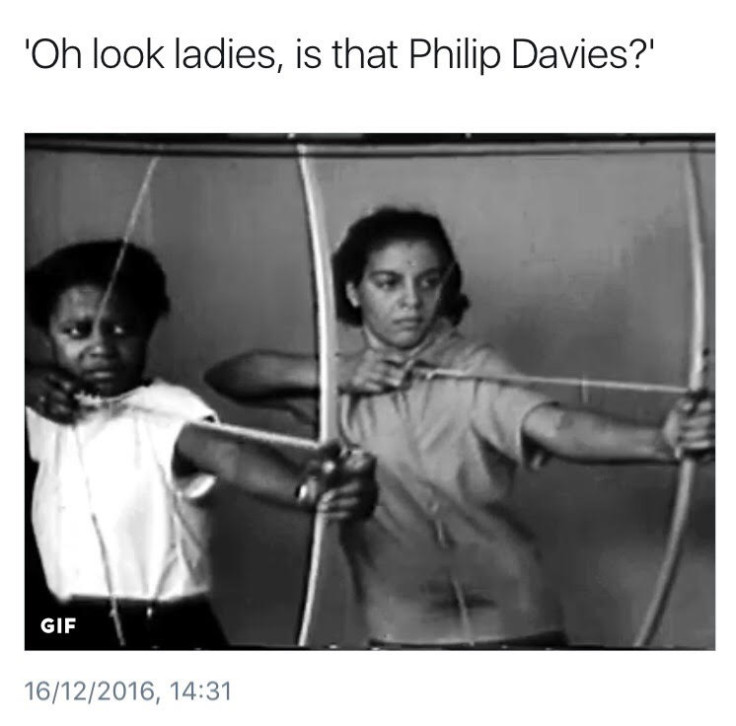Manthreading, mansplaining, manflu - man I'm sick of this misandrist nonsense
Manthreading is apparently the latest way men are letting down their side.

We all accept that gendering negative behaviour traits like "nagging" or being "bossy" is an unacceptable double standard when the same is celebrated when exhibited by men. So why do we allow some behaviour in men to be deemed negative or problematic, while ignoring it in women?
Last week Alana Hope Levinson wrote for Gizmodo, which has a Twitter audience of 2 million. Alana used this audience to highlight a new form of oppression: manthreading.
Manthreading - or as it's also known, "threading" - is linking together a series of tweets, when you want to say something in more than 140 characters. Threads are usually signposted - "this is a thread". Sometimes they're numbered.
There's no problem with having an issue with threads, but there is with gendering the phenomenon. Is this manthreading? Is this? No. It's sexist to problematise behaviour in one sex and not the other.
It takes more effort to read a thread than it does to ignore it, or unfollow someone who bores you. Linking together a series of tweets is not a form of gender violence or oppression. There are real, pressing gender issues.
I've been called a feminazi, a social justice warrior and a libtard for expressing my belief that women are equal to men. I am, and always will be, a proud feminist. But if it's not gender equality, but the oppression of women by men that is the prism for all discourse, you will fail to recognise other pressing issues.
You will also fail to recognise examples of male disadvantage, like the fact that men serve as much as 100% more jail time for the same crimes as women, or that last year 75% of all UK suicides were male.
We legislate the way men sit on public transport. Men are significantly less likely to see a doctor when they're ill, and we trivialise their illness by calling it "manflu" – a paramedic even misdiagnosed a patient with meningitis last year.
We wring our hands because men don't open up and talk about their feelings, then in the same breath we refer to their masculinity, their very maleness, as "toxic" and "fragile" and write articles that are a literal attack on their free speech. What do we want from our men?

I've written before that the internet is a dangerous place to be a woman with opinions, and I am one of many female writers to have been harassed online, which is, of course, wholly unacceptable. Threats of violence and rape against women online are well-publicised, yet I've seen women cheerfully re-tweeting death threats against Philip Davies for suggesting that the language in the domestic violence bill should not be gendered.
I'm not a fan of Philip Davies, but it leaves a bad taste when I see women get way with behaviour that would cause outrage from men. Extreme and unpalatable views like those of Simon Jenkins don't exist in a vacuum – it's a reaction to the double standards and gender inequality.
There is a sense that one feminist journalist simply cannot criticise another feminist journalist, or call out their behaviour. This must be challenged. Those reading this may think that I'm risking losing feminist friends. I won't, because my feminist friends, and the people whose opinion I care about can apply the same standards of conduct to everyone, and can think critically and fairly.
We can't empower our own sex by undermining and demonising the other. We have to call out problematic behaviour wherever it comes from, as the excellent Vonny Moyes did on her blog. Oh no wait, it wasn't a blog - it was a Twitter thread. Fem-threading, anyone?
Michelle Thomas is a freelance writer
© Copyright IBTimes 2025. All rights reserved.




















